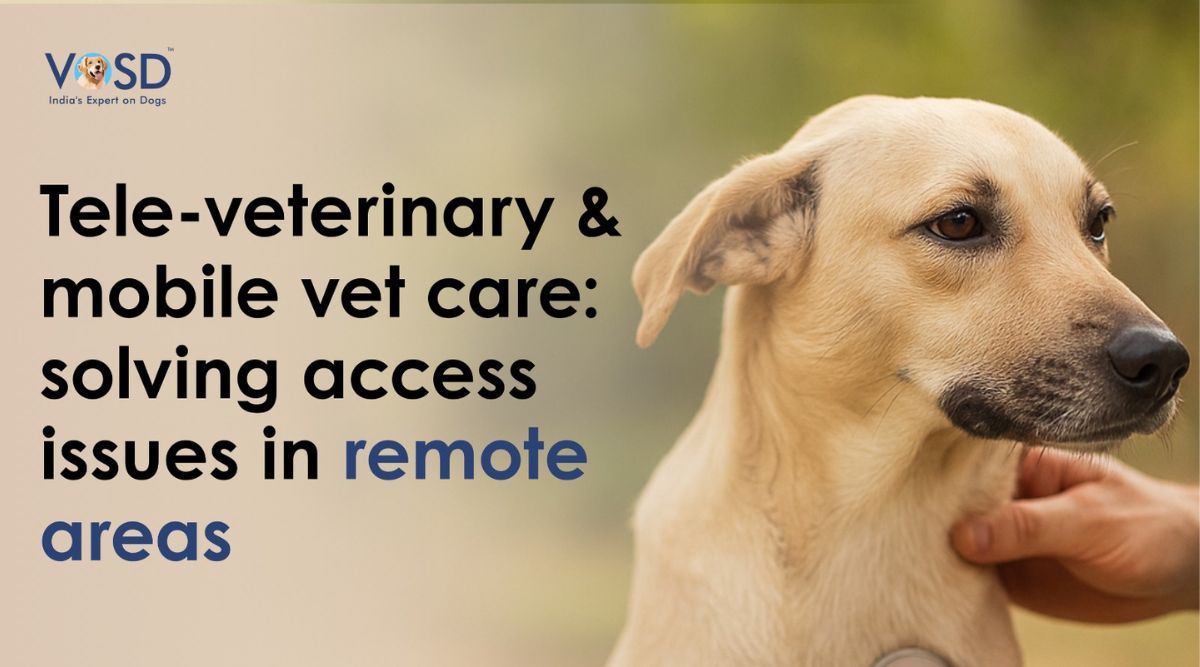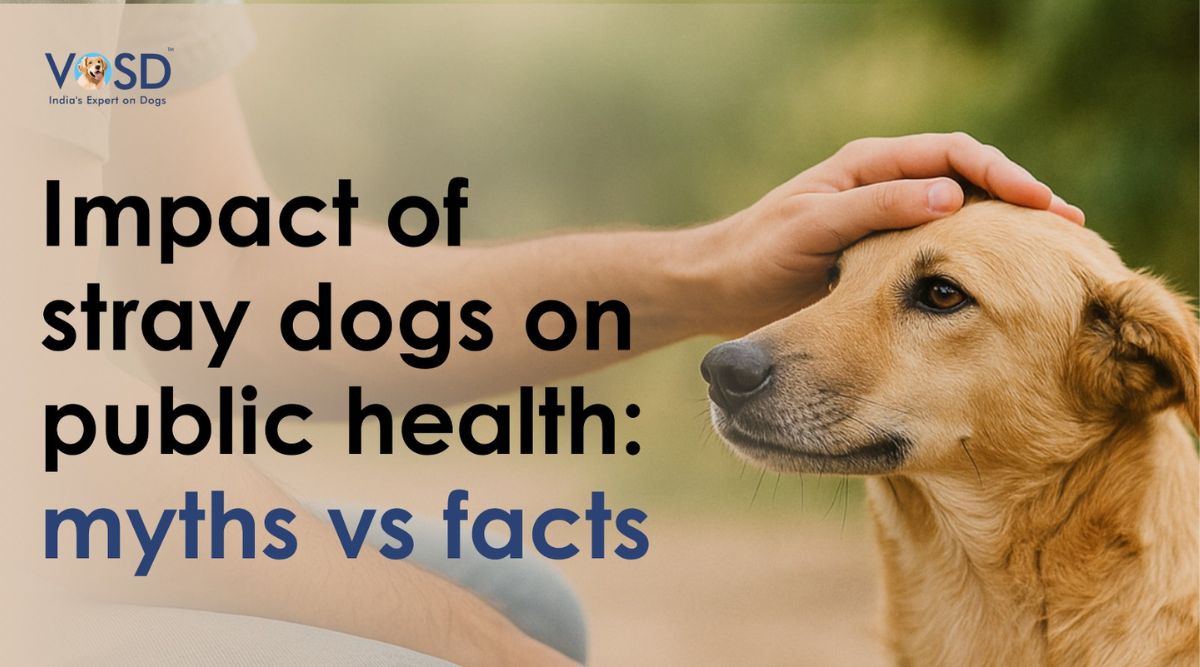The liver plays an essential role in the body and serves a critical function in digestion and in removing toxins from the body. The liver stores the nutrients and produces hormones that help with the digestion and metabolism. It also helps with blood clotting. One of the functions of the liver is to clean and detoxify the blood. In most cases, liver disease can be treated.
Liver failure can be a sudden occurrence, or it could be caused by the last stages of chronic liver disease. When the liver fails, your dog will suffer from a variety of other problems such as ascites (fluid in the abdomen), ulcers, susceptibility to infections, and hepatic encephalopathy (brain disease related to the liver).
Many factors lead to acute liver failure in dogs. But, poison and infection are common causes that will cause sudden failure of the liver. Endocrine imbalance, cancer, and chronic inflammation are some of the other factors. There is no specific age for a dog to contract acute liver failure. In some cases, the liver will regenerate healthy cells, and the condition can be reversed. Unfortunately, if there is too much dead tissue, there will be excessive scarring, and your dog can get cirrhosis of the liver.
Cause of liver failure in dogs
Poisoning: Drugs, insecticides, rat poison, alcohol, antifreeze, and mould, amanita mushrooms, algae
Infectious diseases: Canine hepatitis, leptospirosis, fungal infections, and toxoplasmosis
Chronic hepatitis: A long term liver inflammation, especially in breeds such as Cocker Spaniels, Doberman Pinschers, and Poodles.
Endocrine disease: Diabetes, Cushing’s diseases, and Hyperthyroidism
Cysts: Liver cysts more common among Cairn and West Highland Terriers
Cancer: Cancer that may originate in another part of the body, but spreads into the liver and lead to liver failure
Congenital conditions: Hepatitis amyloidosis, which is an abnormal protein; glycogen storage disease caused by an enzyme deficiency; developing liver fibrosis, scar tissue, and a vascular abnormality.
Injury or trauma: A recent injury or trauma may trigger the start of liver failure.
Symptoms of liver failure in dogs
The initial signs that your dog’s liver is failing are vomiting, loss of appetite, and weight loss. This is in the case of chronic liver failure. This can lead to acute liver failure if not treated immediately. Other symptoms include:
- Vomiting
- Extreme thirst
- Increased frequency of urination
- Diarrhoea with blood
- Jaundice
- Gastrointestinal bleeding
- Ulcers
- Fluid in the abdomen
- Disorientation
- Aggression
- Increased drooling
- Loss of vision
- Seizures
- Coma
Different types of liver failure in dogs
Chronic liver failure: This type of liver failure develops slowly and eventually becomes an acute failure
Sudden liver failure: Toxins caused by poisoning can lead to sudden liver failure. Infections and necrosis can also lead to acute liver failure.
Diagnosis of liver failure in dogs
The symptoms of liver failure will be quite noticeable, and your dog’s vet will order a urinalysis and blood test to understand the level of dysfunction of the liver. The vet will also need to look for infectious diseases, signs of poisoning, hormonal imbalance, and an imbalance in the enzymes. Apart from these tests, the vet will order an x-ray and ultrasound to examine the enlarged liver and identify if it has been caused by cysts, cancer, or any vascular abnormalities.
Your dog’s vet will need to go through your dog’s medical history and any existing condition such as diabetes, and if your dog is already on medication for other conditions. Since breed may be a factor, a family history may also be required. It would be essential to let the vet know if there has been an exposure to the poison, and a list of symptoms for an accurate diagnosis.
Treatment of liver failure in dogs
The first step towards treating your dog for liver failure would be to address the symptoms. If your dog is in a coma because of the severely affected liver, IV fluids and electrolytes would be required to eliminate the blood toxicity. Additionally, diuretics and enema may be given. If the fluid in the abdomen causes breathing difficulties, a needle may be inserted to extract the fluid. In some cases, blood transfusions may be required to aid blood coagulation in addition to heparin or vitamin K.
Only after the symptoms are addressed will the vet go into treating the conditions. If the cause is poisoning, the liver condition may reverse itself due to the flushing of toxins. An endocrine problem can also be treated and cured. For fungal or bacterial infections, antibiotics would help. However, if it is caused by a viral infection, the symptoms can only be treated with supportive care.
If liver failure is due to cancer or cysts, only surgery may be the option. Surgery will be performed once the symptoms have been treated and stabilized. Not all such conditions are operable, and surgery is not without risk.
If your dog has chronic hepatitis, the vet may opt for long term medication. In the case of congenital enzyme or protein abnormalities, the prognosis is poor, and at best, the condition may be manageable with medication and diet.
Recovery from liver failure in dogs
Your dog’s recovery from liver failure depends on the diagnosis and the treatment received. The vet may need to go through the process of elimination before making an accurate treatment plan. In some cases, the treatment will help in the recovery. In others, the only remedy will be long term medication and management, although there might be negative side effects from such treatment.
If your dog is suffering from chronic liver problems, and if the cause is not easy to discover or treat, a diet change with lesser levels of protein and sodium will be recommended. Smaller portions and frequent meals with carbohydrates may also be recommended so as to reduce the stress on your dog’s liver. There are specially designed foods available for dogs with liver failure. Antioxidants and vitamin E may need to be included in the plan as part of the supportive care given to dogs with liver problems.
Disclaimer:
The information contained in VOSD Vet Advice™ is not intended nor implied to be a substitute for professional medical action which is provided by your vet. You assume full responsibility for how you choose to use this information. For any emergency situation related to a dog’s health, please visit the nearest veterinary clinic.








